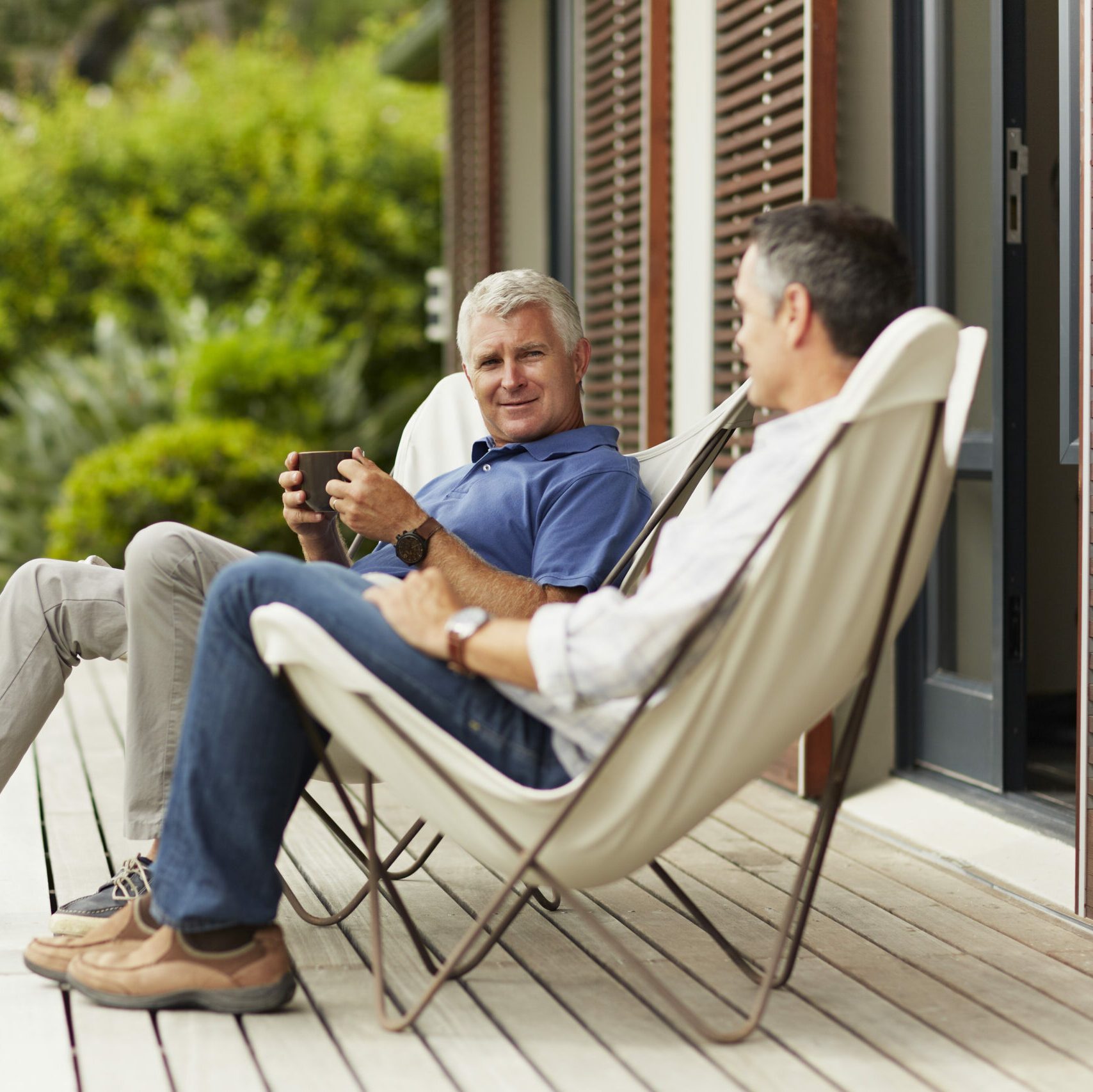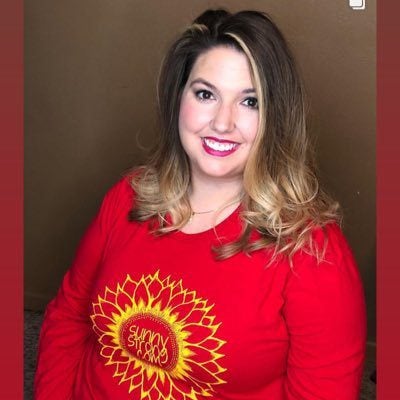When Maria Bloom reached out to Target ALS expressing interest in joining the Global Natural History Study, she wasn’t a stranger to science. A trained bench scientist with a background in molecular biology and drug development, Maria spent years working on preclinical programs at Biogen—including early-stage ALS research.
But it was her personal values, not just her professional background, that brought her here.
“I realized I can contribute something meaningful simply by showing up—literally giving of myself,” she said. “It’s like platelet donation: I sit in a chair for a few hours, and someone else’s child might benefit from that. I’d never want someone’s treatment to fall short just because someone like me didn’t take the time.”
Maria is now participating as a healthy control in the Target ALS Global Natural History Study—a groundbreaking initiative collecting longitudinal clinical and biological data from people with ALS and healthy volunteers across the globe. Healthy control participants are crucial: they provide essential baseline comparisons that allow researchers to better understand disease progression, identify biomarkers, and accelerate therapeutic development.
Despite their importance, enrolling healthy controls remains a challenge at many research sites. There’s often little public awareness that such a role exists, let alone that it plays such a vital part in advancing science.
“Without healthy samples to compare against, it’s impossible to know if your biomarkers or drug effects are meaningful. Controls are the backbone of scientific interpretation,” Maria commented.
Maria views her participation as an act of equity and shared humanity—something she believes becomes even more profound as a parent.
“I see all of us as one, or, to break it down, I see my children in other children and vice versa – other children in my kids. I see myself in all moms, and all moms in myself, for example, I feel close to my great-grandmother, whom I never met, by imagining her rocking my grandmother, whom I was close to, in the same way that I rocked my infant to sleep. There is something about shared experience, unity and continuity across generations, ethnicities and humanity. And when my children grow up and become mothers, that will bridge back to ‘they are me’.”
Maria added, “Either I, or my family members – in current or future generations – will face a hard situation at some point and will need to rise to the challenges that current patients and caregivers are dealing with; and hopefully some person will be in a position to help ease that burden too. I think that by donating, I am depositing into a collective ‘goodness bank’ that someone I care about will need to tap into. The burden is collective too, even if it might not be felt by me specifically within my life’s timeline.”
In a world where the burden of rare disease often falls disproportionately on those living with it, Maria’s story reminds us that progress in ALS research isn’t just about breakthroughs—it’s about showing up, together.



